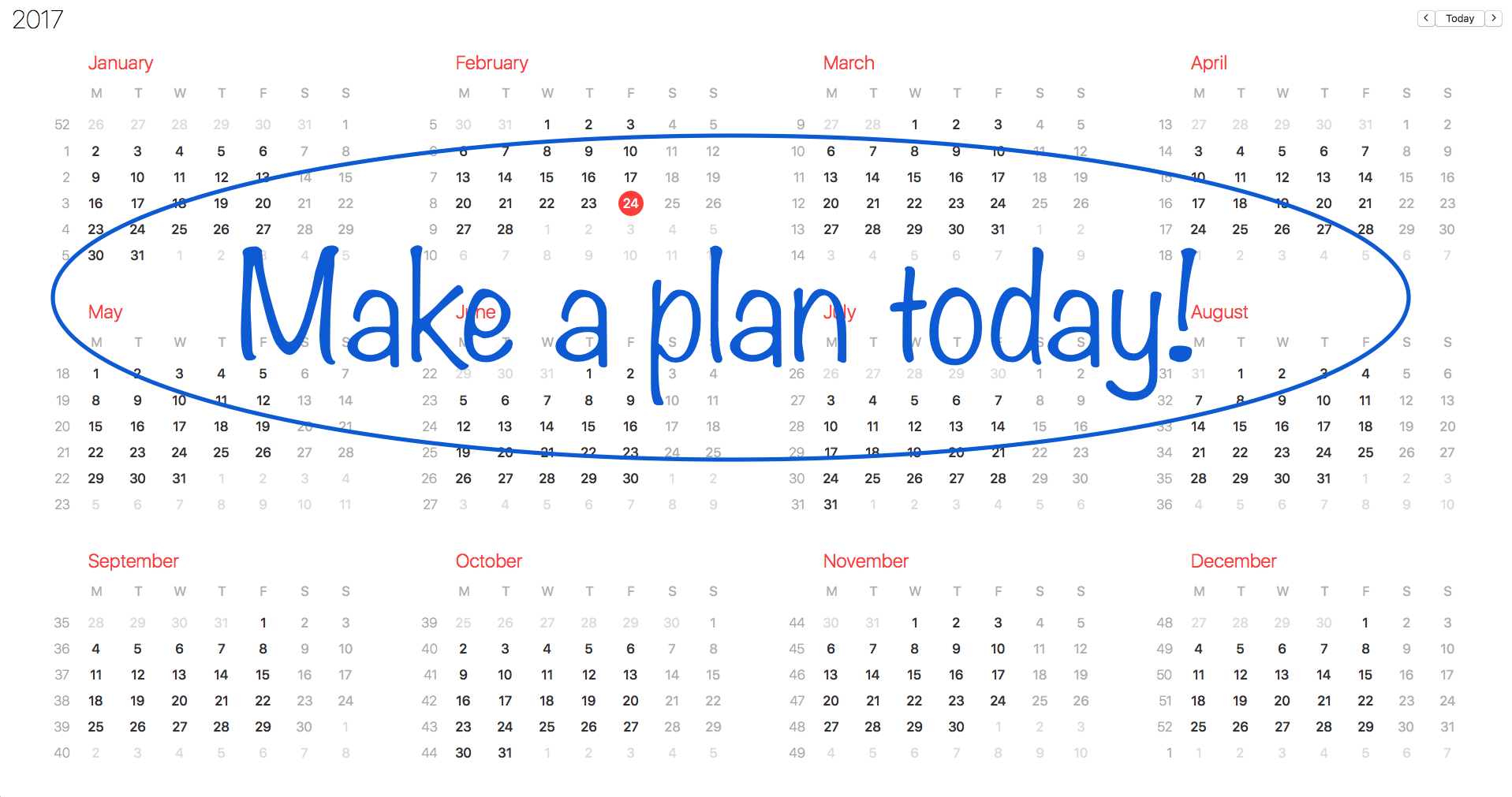In parts one and two we looked at the question ‘Why?’ in order to find the necessary motivation for learning and then the question ‘Who?’ in order to give us a little more direction. Now it is time to reach for your diary because the next question is ‘When?’
When do you need to communicate in English? This may seem like a strange question at first but. everybody has a different situation. For example, do you need English for a special event at sometime in the future, such as a presentation, speech, job interview, trade fair or another kind of meeting. If there is a specific event and we have the date and time, we know how long we have in order to prepare. We can use a diary in order to organise the time needed for the preparation. In this way we can also ‘de-personalise’ the process to some extent and take a project-based approach to the preparation. As with any project there will be certain defined steps which need to be taken in order to achieve the objective. This also gives us focus for what needs to be done instead of just thinking ‘I need to learn English’ which is very vague and has no deadline. It does mean, however, that we need to be able to manage the project and the time well. If there isn't one big, specific event and the need is more general for regular communication in English at work it is still important to set deadlines and make a plan. We can prepare for conversations that we know we are going to have, for example, whether they will be on the telephone or in meetings. This might also help you to decide how much time you need to spend with your coach and how often.
Now we need to analyse how we spend our time and where we might find spaces in our diaries in order to add some learning activities. Many people find this very difficult - the idea of having some spare time is very attractive but it never seems to happen. Another option is to look for existing activities which we can combine with learning, for example revising vocabulary whilst drinking coffee or having breakfast, listening to an audio whilst on a train or plane, or simply walking to work. This is especially useful for short habit forming tasks such as repetitions eg. get up in the morning, brush teeth, do push-ups (whilst listening to English audio), repeat vocabulary/phrases to be learned or needed today, take a shower….etc. Small adaptations to our daily routines can make a huge difference.
The amount of time available has to be matched with the task, of course, and it isn't necessary to use a complete journey to work for studying English. Besides, it would probably be more effective to perform a series of smaller tasks and to include some repetition.
Time management is an important skill when you want to learn and improve your language abilities and at some point it will probably be necessary to free up some time and change priorities in order to have time to study and practice. This all depends on having strong enough answers to the very first question ‘Why?’
When you know what time you have available you can programme tasks and organise the necessary resources. Many people find that starting with some intensive training gives them the foundation they need in order to get started and focus on what they really need but we are all different and it is important to have a plan that works for you. If your plan isn’t working then, as with any project, reassess the situation and change the plan - don’t just give up.












